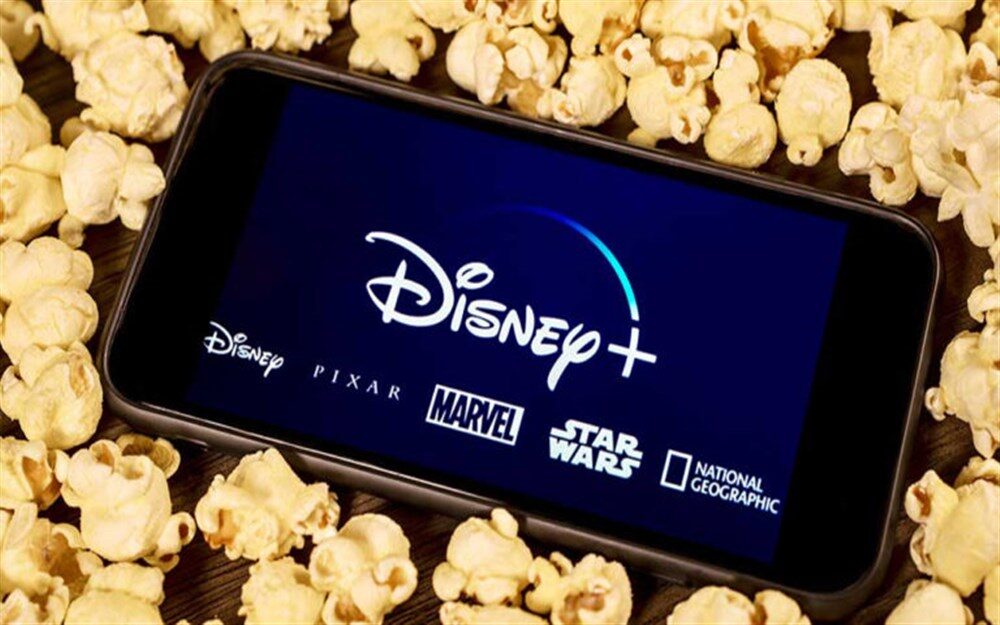
After extensive internal debate, Disney, the world’s iconic entertainment giant, is entering the realm of sports betting. Disney has recently inked a ten-year partnership deal with sports betting company Penn Entertainment to introduce gambling through its ESPN sports network. With this partnership comes the launch of the ESPN Bet app, allowing sports enthusiasts to place bets on games via Penn’s sportsbook, set to debut next month.
This transition to sports betting has stirred some controversy within Disney’s ranks. There’s growing concern among company executives and employees that this move could compromise Disney’s wholesome image, strongly associated with beloved princesses and talking cartoon characters. The concern has been significant enough that a major investor even hinted at selling some of their Disney shares should the company fully embrace sports betting.
Despite these reservations, Disney’s CEO Bob Iger and ESPN President Jimmy Pitaro were swayed by the potential to captivate a younger, predominantly male audience. Bob Iger, having observed his two adult sons engrossed in gambling apps on their smartphones, recognized the value of this opportunity. In terms of the financial arrangement, Penn Entertainment will pay Disney a hefty $1.5 billion in cash, while ESPN will obtain warrants valued at around $500 million to acquire shares in the gambling company. Penn Entertainment will manage the betting app, while Disney takes the helm of its marketing.
This move aligns with the evolving landscape of sports entertainment in the United States. The fundamental equation revolves around fans watching sports and betting on them, especially among young men aged 18 to 34. These individuals often place multiple intricate bets during live sporting events, wagering on various aspects of the game, including predicting a basketball player’s 3-pointers or speculating on the final fly ball catch in a baseball game. College campuses are recognized as hotspots for this betting activity.
The surge in sports betting can be traced back to a pivotal 2018 Supreme Court ruling that paved the way for individual states to legalize and regulate sports gambling. Presently, sports betting is legally sanctioned in 38 states and the District of Columbia. The previous year witnessed online sports gambling generating a staggering $7.6 billion in revenue, representing the net profit for companies after paying out winning bets. It is expected that this figure will climb to an impressive $11.8 billion next year, as predicted by industry consulting firm Eilers & Krejcik Gaming.
ESPN, akin to other traditional television networks, is grappling with the gradual erosion of cable TV subscriptions and the mounting costs associated with sports broadcasting rights. At the same time, sports leagues and a slew of startups have actively embraced sports betting. Major media companies, including Disney, are pivoting toward betting as one of the most promising avenues for growth.
What sets Disney apart is the deep-seated corporate culture that values principles beyond financial gains. Disney’s employees share a unique connection to the organization’s core values, which go beyond the pursuit of profit. Disney signifies something profound that transcends mere financial interests.
In mid-2022, Jenny Cohen, a Disney veteran recently promoted to the role of Head of Corporate Social Responsibility, voiced her apprehensions about Disney’s potential foray into sports betting. She held discussions with top executives at Disney’s headquarters in Burbank, California, as well as leaders at ESPN. Cohen, deeply concerned about the impact on Disney’s brand, cautioned that this association might lead consumers to associate Disney with gambling addiction.
Simultaneously, BlackRock, a major investment firm noted for its socially-conscious investment criteria (ESG), engaged Disney’s investor relations staff. BlackRock warned Disney that embracing sports betting might prompt some of its European funds to reduce their Disney holdings, in compliance with their ESG standards.
Additionally, Disney is currently navigating a push from activist investor Nelson Peltz’s Trian Fund Management, aiming to secure multiple board seats. Recent reports suggest that Trian Fund Management believes Disney’s stock is undervalued and that Disney necessitates a more focused and accountable board. Peltz and Trian Fund Management have yet to disclose their position on ESPN and its foray into sports betting.
While many Disney fans, Disney+ subscribers, and theme park visitors may not be aware that ESPN is part of Disney, within the company, Disney’s various businesses are perceived as interconnected components of a cohesive corporate brand. This unity is evident in Disney’s bundling strategy, as the ESPN+ streaming service is included as part of Disney’s streaming bundle. Furthermore, ESPN actively promotes shows from other Disney-owned networks during its broadcasts, reinforcing this unified brand identity. For instance, ABC late-night host Jimmy Kimmel recently appeared on ESPN2’s football show, “Manningcast.”
Estimated reading time: 9 minutes Dinosaurs have always captured our imagination, and online slot developers… Read More
Estimated reading time: 1 minute Spin Palace Casino PA NJ 🇺🇸 Spin Palace Casino may… Read More
Estimated reading time: 7 minutes Think you need to bet big to win big? Think… Read More
Estimated reading time: 9 minutes Funniest Slot Machines in 2025: Slot Games That'll Make You… Read More
Estimated reading time: 10 minutes If you're a movie lover who enjoys spinning the reels,… Read More
Estimated reading time: 7 minutes Tired of long withdrawal times? You're not alone. In today’s… Read More